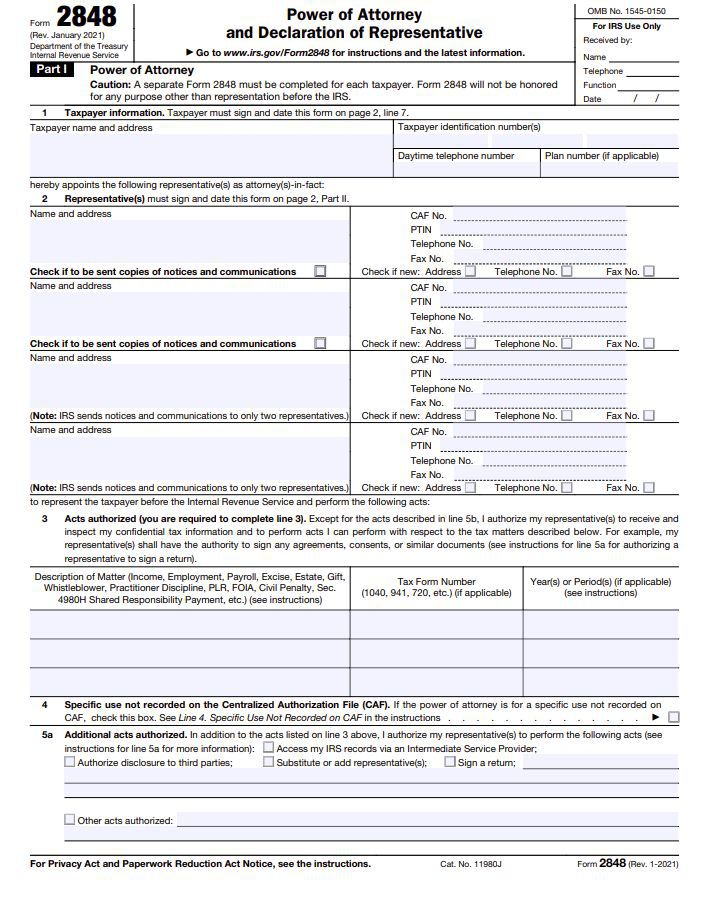IRS Tax Debt in Arizona
The answer is yes, but some ways are easier than others. Let’s face a few facts. Some clients spent several years getting into tax trouble and are unrealistic to think that there is a magic pill or potion that will instantly make the problem go away without any pain or effort.
A short story may be helpful. One day my father took me over to my grandmother’s house to pull some weeds. I had previously asked him if I could go to the beach with some friends that day. When I saw the half acre with weeds up to my waste, I was convinced that there was no way I was going to be able to pull those weeds and go to the beach. My father drove away and left me there. He was gone for about 30 minutes and had returned to see what I had accomplished. I had not pulled any weeds—not one.
Now I was told in no uncertain terms that I need to start the project and he would come back in 30 minutes to see how I was doing. I reluctantly started the process. I pulled one weed and it came out pretty easily. The next pull I was able to get two weeds with just one hand. Eventually I was able to get about ten weeds in one hand, then I figured out how to get both hands working and was pulling out twenty weeds with two hands. When my father came back in 30 minutes, I was half done. I was shocked at how much I had accomplished. My father had taught me a very valuable lesson that day. “One weed at a time.” The project was completed in less than an hour. If you had asked me how long it would have taken me to do that job, I would have guessed three days.
It is the same with IRS tax debt in Arizona. I ask my clients to do one task at a time and to keep moving forward and before they know it, their IRS problem will be done. The vast majority of clients say, “If I knew it was going to be that easy, I would have started this process a long time ago.” I remind them that it wasn’t an easy process. It became easier once they started. That is the hard part—getting started and staying committed to the task. Goethe said it best when he stated, “Are you in earnest? Seize this very minute—Boldness has genius, power and magic in it. Only engage, and then the mind is strengthened. Begin it, and then the work will be completed.”
This is true with your IRS tax debt in Arizona. Do you earnestly want to get it resolved? If so then engage in the process, begin the task, and as soon as you begin it you are half completed. The second half will be easier to complete once you realize you are half done already. A tax problem and a half acre of weeds had a lot in common. With a one hour free initial consultation I can tell you what it will take to get your IRS “weeds” out of your life.
Scott Allen E. A.
Tax Debt Advisors, Inc
www.stopIRSaction.com


